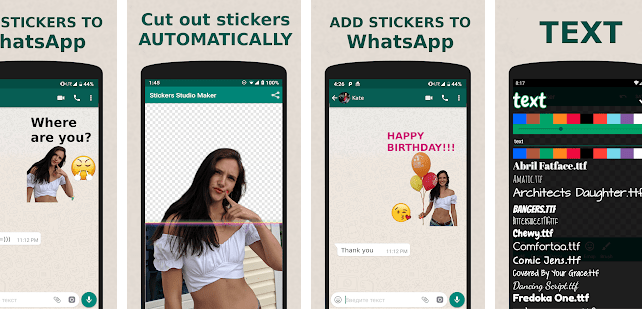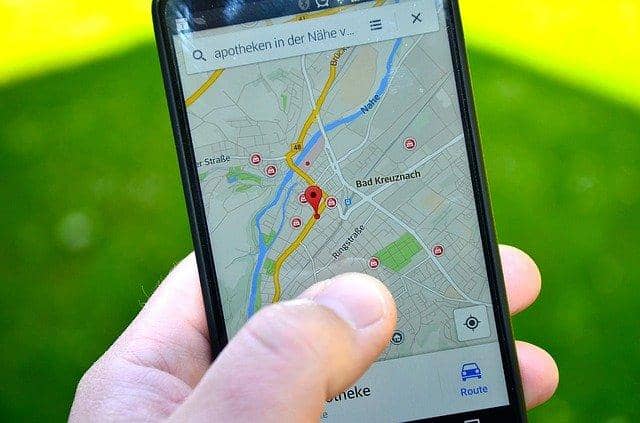A happy workplace is increasingly seen as of equal importance to employers and employees. However, mental health in the modern, fast-paced and demanding environment is vulnerable to high levels of stress and burnout. Thankfully, mental health and wellness are receiving more attention than ever, with employers turning to tech to solve problems that could usually only be solved in a one-on-one, in-person consultation. Mental health apps are gaining increasing popularity amongst individuals looking to better manage their mental health and well-being. In this article, we’ll explore the role of mental health apps in the workplace and how they may contribute to more productive and healthier people.
Mental health in the workplace: the cost and prevalence
As well as saving employees, a happy workplace can save companies significant amounts of money each year. According to the World Health Organization, approximately $1 trillion of productivity is lost per year owing to depression and anxiety disorders. Mental health issues in the United States are estimated to cost employers around $193.2 billion every year. Mental health is thus a crucial factor in workplace well-being and requires urgent attention.
The role of mental health apps in promoting workplace wellbeing

Mental health apps are digital tools that can offer support and resources for individuals and employers aiming to provide a happy workplace to their employees. Apps are a source of easily accessible resources such as meditation, stress management techniques, cognitive behavioural therapy, and mindfulness practices. These apps provide valuable anonymous peer support, with some even offering virtual therapy sessions. Companies can foster a culture of well-being and improve the stigma surrounding mental health issues by making these tools easily accessible to their employees and encouraging them to make frequent use of these resources.
A recent trial published in the Journal of Medical Internet Research reported a significant improvement in employee depression, anxiety, stress, and absenteeism in employees who used mental health apps.
Read:- 6 Health-Related Gadgets You Should Own
Benefits of using mental health apps for employees
Using mental health apps has been proven to create a happy workplace, reduce stress, improve employees’ moods, and increase resilience. The sense of control over one’s mental health afforded by the use of these apps is invaluable, as employees can access support and resources at any time, and from a location of their convenience. Furthermore, mental health apps can help develop healthy coping strategies to improve the overall well-being of the workforce.
Mental health apps can give an increased degree of confidentiality and privacy versus traditional mental health resources, with many feeling more comfortable accessing apps than face-to-face therapy. This can reduce barriers to access and improve employee uptake of these resources which in turn could reduce the burden of mental health issues in the workplace.
The flexible nature of using mental health apps means that they can be personalised to suit the needs of the user, allowing them to access resources when needed, at any time of day, and in whichever manner suits their changing requirements.
Benefits of using mental health apps for employers
Mental health apps not only support and assist the needs of employees but can also benefit employers by reducing the costs of employee access to healthcare and increasing productivity. The reduction of stress and anxiety can increase employee engagement and improve overall feelings of contentedness at work. Through proactive addressing of mental health issues, companies can reduce the burden placed upon staff as a result of mental health-related absenteeism and burnout. In addition, the use of apps reduces the need for traditional face-to-face mental health resources, which can be expensive and difficult to access. A National Business Group on Health survey indicated that 89% of employers believe that mental health stigma creates a barrier to employees seeking care. The use of apps can aid in the reduction of this stigma by providing employees with a more private and confidential manner in which to access mental health support.
Popular mental health apps for a happy workplace
Below provided mental health apps are designed to provide support for employees in a convenient and accessible way. While they cannot replace traditional mental health services, they can be a useful tool to help employees manage their mental health and wellbeing in the workplace. Here are some mental health apps:-
Calm: Calm is a meditation and relaxation app that can help employees reduce stress and improve sleep. It offers a range of guided meditations, soothing music, and sleep stories. The app offers a 7-day free trial and subscription plans range from $14.99 to $69.99 per year.
Happify: Happify is a mental health app that uses evidence-based techniques such as cognitive-behavioral therapy (CBT) and positive psychology to help employees improve their mental health and resilience. The app offers personalized activities and games to help users build emotional strength and reduce stress. The app offers a free version as well as a premium version for $14.99 per month or $139.99 per year.
Headspace: Headspace is a meditation and mindfulness app that can help employees reduce stress and improve focus. It offers a range of guided meditations, including ones specifically designed for the workplace. The app offers a 10-day free trial and subscription plans range from $12.99 to $69.99 per month, depending on the length of the subscription.
Moodfit: An app that creates individualised activities and exercises based on the user’s mood and goals.
Talkspace: Talkspace is a therapy app that connects employees with licensed therapists via text, voice, or video chat. It can be a convenient and cost-effective way for employees to access mental health support. Talkspace offers plans starting at $65 per week for text-based therapy and up to $99 per week for video chat therapy.
Wysa: An app combining cognitive behavioural techniques, dialectical behavioural therapy, meditation, and breathing exercises to improve one’s coping skills.

A happy workplace: How employers can incorporate mental health apps in the workplace
The incorporation of mental health apps in the workplace can be undertaken by employers using the following actionable steps:
- Promote app usage through company-wide communication channels like emails, weekly newsletters, and company intranet.
- Provide resources for employees on effectively using the apps, such as tutorials or online training sessions.
- Encourage employee feedback on recommended apps to aid future recommendations, improve app effectiveness and functionality, and make employees active in the mental wellness development process.
Conclusion
Mental health apps are an invaluable resource in the promotion of workplace well-being. They can provide improved access to mental health support with increased privacy and confidentiality while increasing productivity and engagement. Furthermore, their cost-effectiveness renders them a viable and effective intervention to increase employee wellness. Employers can encourage the use of mental health apps by employees by promoting their usage and providing resources to improve ease of use by their workforce.
FAQ’s
Q:- What are mental health apps?
Ans:- Mental health apps are software applications that are designed to help people manage their mental health. They can provide a range of features, including mindfulness exercises, mood tracking, goal setting, and cognitive-behavioral therapy (CBT) techniques.
Q:- What are the benefits of mental health apps in the workplace?
Ans:- Mental health apps can provide several benefits in the workplace, such as reducing stress and anxiety, improving productivity, increasing employee engagement, and enhancing overall well-being.
Q:- How can mental health apps help with stress and anxiety in the workplace?
Ans:- Mental health apps can provide a range of features that can help reduce stress and anxiety, such as guided meditations, breathing exercises, and relaxation techniques. These tools can help employees manage their stress levels and maintain a more positive mindset.
You might also like
How Technologies Affected Author’s Writing







